In our continuing series on the Presidential Candidates for 2008, I would like to look at leadership and vision. No matter how impressive the candidate’s rhetoric is, the rubber hits the road in execution. Can they implement the lofty programs espoused during the campaign? The best platform of the right ideas without implementation will damage the truth and bring the lesser platforms and the wrong ideas to the front. America needs a leader with character, honor, vision and courage. Let’s go back to the last of the great presidents America has had – Ronald Reagan. I find reading the autobiographies of great achievers to be inspirational and educational. I just finished reading for the second time, Ronald Reagan’s autobiography called An American Life. It is an incredible book and I highly recommend to all aspiring leaders.
My strong belief is America needs a leader who can develop other leaders. The way government can do this is by giving more back to the people and allowing free enterprise to give everyone an equal opportunity to perform. The president should be evaluated on how his administration executes on providing people the freedoms to pursue meaning and wealth. Government does not generate the wealth, but creates and environment where entrepreneurs can create wealth for the benefit of all. Ronal Reagan did this task marvelously and we need to relearn his methods. My goal in reading autobiographies is to determine the underlying principles or world-view that the achiever has developed in life. After reading Reagan’s book, you feel that you know him. It was less of a book than it was listening to a friend share his story. Many times in the book, Reagan would pause and share his personal beliefs. By compiling his personal beliefs, it helps you see the world through Reagan’s eyes. Ronald Reagan created a freer America and the entrepreneurs responded to the freedoms with increased productivity. The Soviets could not keep up with the wealth creation of the U.S. and the Cold War unceremoniously ended with the collapse of communism. Ronald Reagan’s beliefs, led to his world-view, which led to his legendary conviction and courage. Let’s review some of Reagan’s beliefs and how his beliefs shaped his view of government, people and the roles of each.
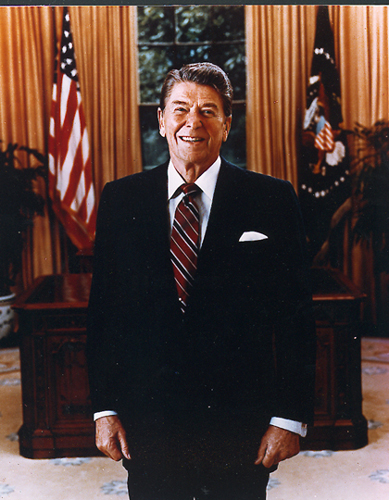 “I was raised to believe that God has a plan for everyone and that seemingly random twists of fate are all a part of His plan. My mother—a small woman with auburn hair and a sense of optimism that ran as deep as the cosmos—told me that everything in life happened for a purpose. She said all things were part of God’s Plan, even the most disheartening setbacks, and in the end, everything worked out for the best. If something went wrong, she said, you didn’t let it get you down: You stepped away form it, stepped over it, and moved on. Later on, she added, something good will happen and you’ll find yourself thinking—‘If I hadn’t had that problem back then, then this better thing that did happen wouldn’t have happened to me.’”
“I was raised to believe that God has a plan for everyone and that seemingly random twists of fate are all a part of His plan. My mother—a small woman with auburn hair and a sense of optimism that ran as deep as the cosmos—told me that everything in life happened for a purpose. She said all things were part of God’s Plan, even the most disheartening setbacks, and in the end, everything worked out for the best. If something went wrong, she said, you didn’t let it get you down: You stepped away form it, stepped over it, and moved on. Later on, she added, something good will happen and you’ll find yourself thinking—‘If I hadn’t had that problem back then, then this better thing that did happen wouldn’t have happened to me.’”
“I grew up observing how the love and common sense of purpose that unites families is one of the most powerful flues on earth and that it can help them overcome the greatest of adversities. I learned that hard work is an essential part of life—that by and large, you don’t get something for nothing—and that America was a place that offered unlimited opportunity to those who did work hard. . . . I have always wondered at this American marvel, the great energy of the human soul that drives people to better themselves and improve the fortunes of their families and communities. Indeed, I know of no greater force on earth.”
“The dreams of people may differ, but everyone wants their dreams to come true. Not everybody aspires to be a bank president or a nuclear scientist, but everybody wants to do something with one’s life that will give him or her pride and a sense of accomplishment. And America, above all places, gives us the freedom to do that, the freedom to reach out and make our dreams come true.”
“My parents constantly drummed into me the importance of judging people as individuals. There was no more grievous sin at our household than a racial slur or other evidence of religious or racial intolerance.”
“My mother of course, repeated her old dictum that everything works out for the best and that every reverse in life carries the seeds of something better in the future.”
“Throughout my life, I guess there’s been one thing that’s troubled me more than any other: the abuse of people and the theft of their democratic rights, whether by a totalitarian government, an employer, or anyone else. I probably got it from my father; Jack never bristled more than when he thought working people were being exploited.”
“For so long, I had shared the reverence most Americans have for that historic building; back when I was a kid in Dixon, I’d imagined what the private part of the White House must be like; but I had never imagined myself actually living there. Now, we had gone in the front door, gotten on an elevator, and we were here to stay—at least for four years. If I could do this, I thought, then truly any child in America had an opportunity to do it.”
Can you see how these beliefs helped Reagan overcome any setbacks? I am always amazed at how many people will gloss over the key nuggets the author shares in their autobiographies. Leaders cannot tell us everything about themselves, but they do wish to share the key thoughts that make them who they are. Reagan understood that people were not perfect, but believed a free people would choose better than a bureaucratic government on the key issues in their lives. He understood that a leader’s role is to create the vision, develop the culture and get out of the way! Reagan was less concerned about being the star and more concerned with giving people the freedom to become stars themselves. This was one of the key secrets to Ronald Reagan’s success. Ronald Reagan knew government could not create societies wealth, but it could create a level playing field where the most talented and courageous entrepreneurs would create societies wealth. Reagan deeply believed in America and in the ability of the average man and woman to improve their lot by hard work and discipline. Anything that took away a person’s self worth was detrimental to the person and America. I will have a follow up article on how Reagan’s world-view transformed America. Reagan developed a plan for our country based upon unleashing the latent talents hidden inside of the American people and it worked. I will share with you some of the specific of the Reagan Revolution in the next installment. I believe we need to finish the revolution Reagan started. The plan will work again because the principles of economics and people never change. God Bless, Orrin Woodward
Assignment: I have stated repeatedly that ideas have consequences and Reagan’s autobiography confirms this well proven thought. How does your world-view compare to Reagan’s. What beliefs would you add to Reagan’s list? Does your world-view lead to convictions and courage?








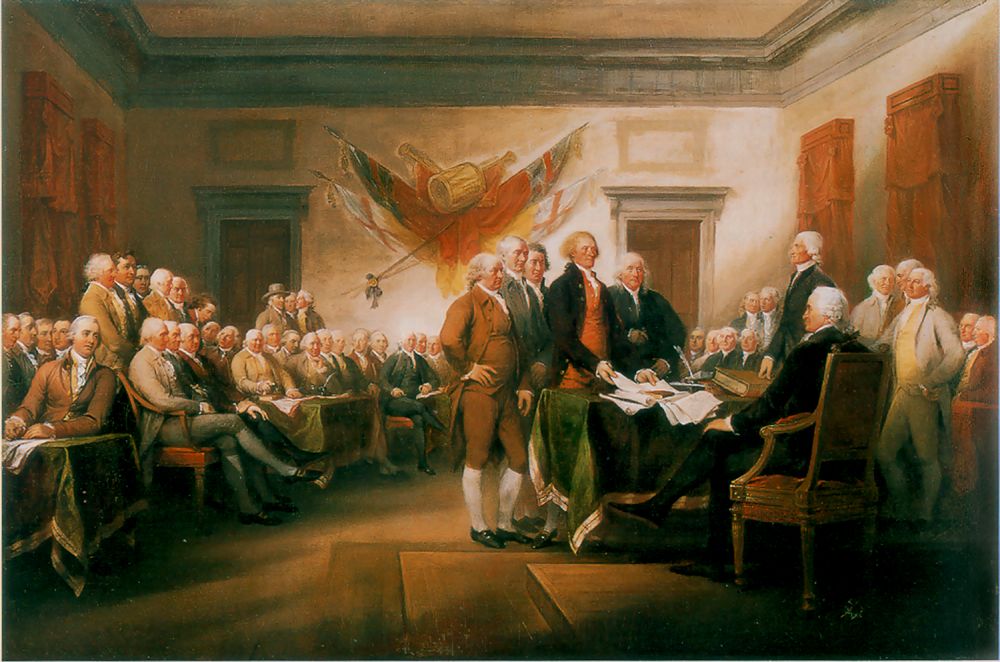
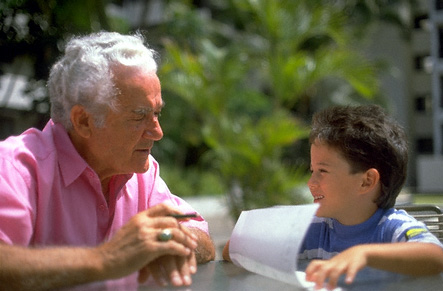
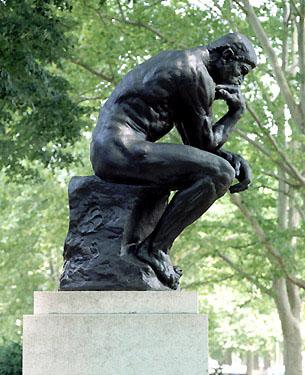
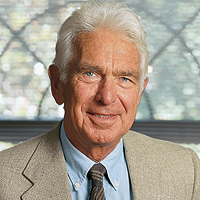
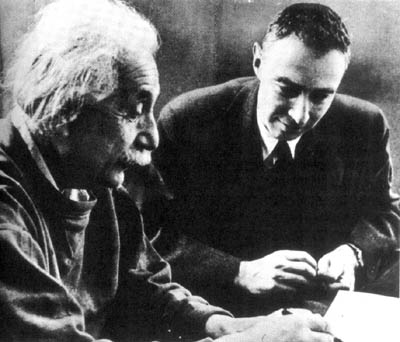
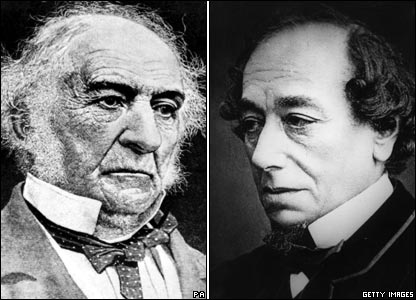
 I was checking out in line and just struck up a conversation with this cashier and she worked there because her husband passed away and she needed to earn an income since her retirement was not very good. Anyways to make a long story short one of the items I purchased was 2 packages of Extra chewing gum. When she was done tallying up what I owed her she said “I charged you for 3 packages of gum instead of 2.” Then she burst into tears! I said “What is wrong? Is there anything I can help you with?” She said “about 5 minutes ago I did the same thing to someone else and he told me I was so ignorant that I shouldn’t even work at Wal-Mart. I am sorry if I made you upset.” I told her “ma’am I have shopped at many Wal-Mart’s during my lifetime, but I have never met someone as kind as you. You are a person of worth! I have watched you serve the previous 2 customers and I wish every store I went into had someone like you working the register!” I was in awe that a $1.99 mistake made this experience happen! She
I was checking out in line and just struck up a conversation with this cashier and she worked there because her husband passed away and she needed to earn an income since her retirement was not very good. Anyways to make a long story short one of the items I purchased was 2 packages of Extra chewing gum. When she was done tallying up what I owed her she said “I charged you for 3 packages of gum instead of 2.” Then she burst into tears! I said “What is wrong? Is there anything I can help you with?” She said “about 5 minutes ago I did the same thing to someone else and he told me I was so ignorant that I shouldn’t even work at Wal-Mart. I am sorry if I made you upset.” I told her “ma’am I have shopped at many Wal-Mart’s during my lifetime, but I have never met someone as kind as you. You are a person of worth! I have watched you serve the previous 2 customers and I wish every store I went into had someone like you working the register!” I was in awe that a $1.99 mistake made this experience happen! She